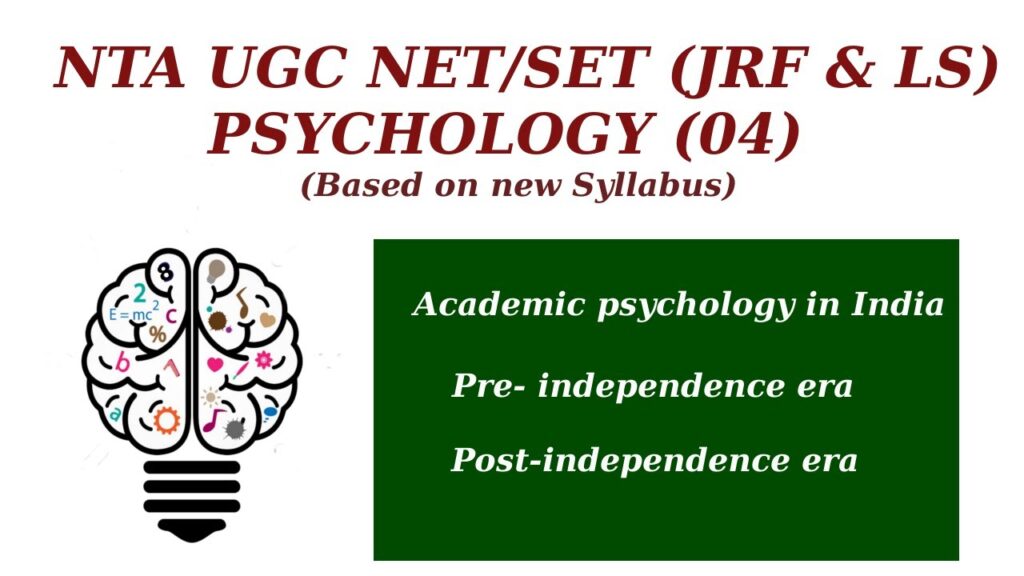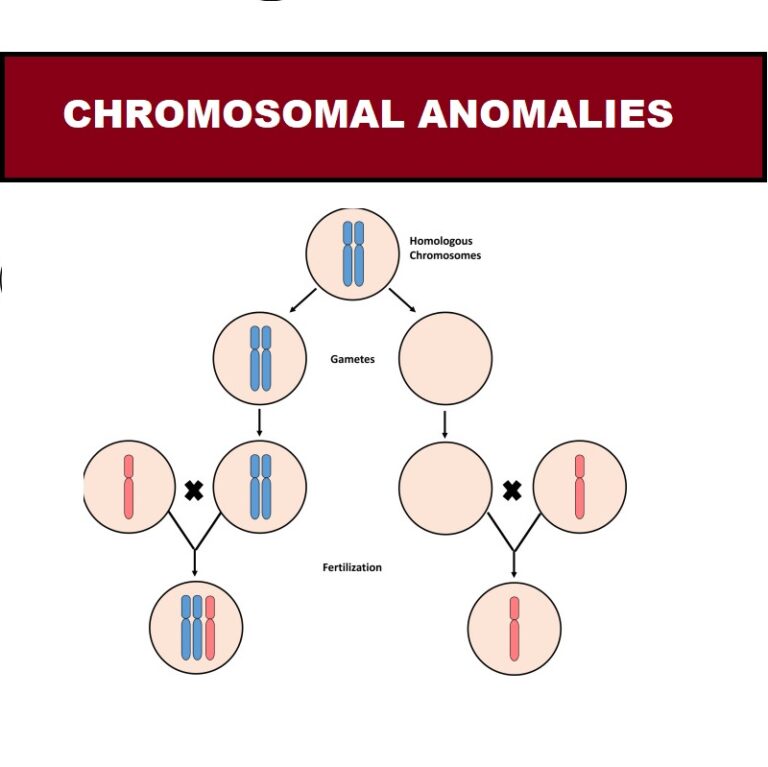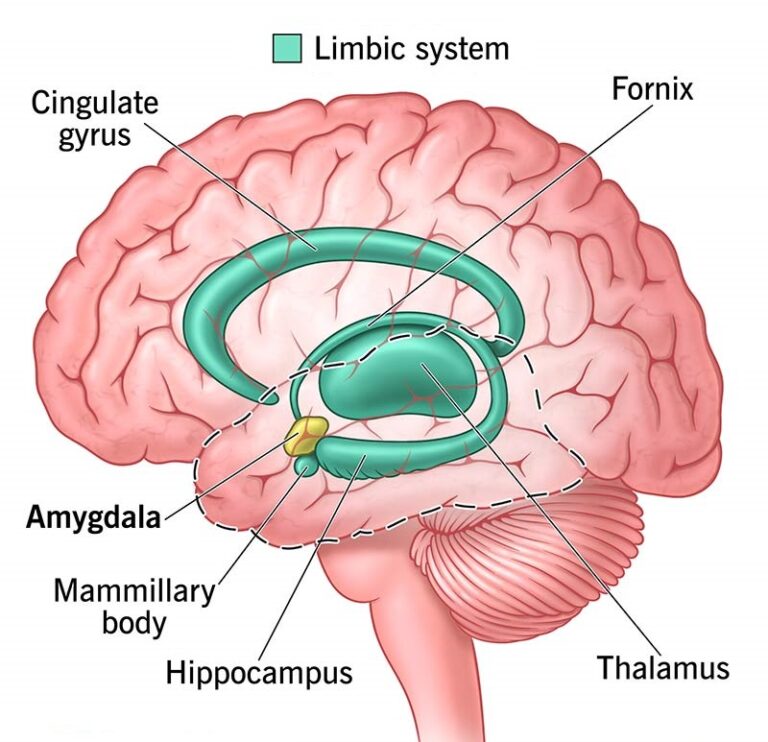
Introduction
Indian psychology has long grappled with the challenge of carving out a distinct disciplinary identity. Rooted in a complex interplay of ancient philosophical traditions, colonial influences, and post-colonial efforts, Indian psychology has struggled to establish itself as an autonomous and cohesive field. This article explores the historical, cultural, and academic factors contributing to the lack of a distinct disciplinary identity in Indian psychology, highlighting key issues and potential solutions.
Historical Roots and Colonial Influence
The Philosophical Foundations
Indian psychology has its roots in ancient Indian philosophies such as Vedanta, Buddhism, and Yoga, which emphasize introspection, self-awareness, and holistic well-being. These traditions offered profound insights into human behavior, consciousness, and mental health.
Example: Patanjali’s Yoga Sutras provide a detailed psychological framework that addresses mental processes, emotional regulation, and techniques for achieving self-realization.
However, these indigenous frameworks were overshadowed by the introduction of Western psychology during the colonial period.
Western Psychology and the Colonial Agenda
Colonial education systems prioritized Western psychological paradigms, sidelining indigenous knowledge systems. The dominance of experimental and empirical methodologies created a gap between academic psychology and the cultural realities of India.
Impact:
- Indigenous concepts were deemed unscientific and excluded from academic discourse.
- The field of psychology in India became heavily reliant on Western theories and methods, limiting its ability to address Indian-specific issues.
Table 1: Key Differences Between Western and Indian Psychological Traditions
| Aspect | Western Psychology | Indian Psychology |
|---|---|---|
| Focus | Empirical and experimental | Introspective and holistic |
| Methodology | Laboratory-based | Narrative and meditative |
| Key Concepts | Behavior, cognition | Consciousness, self-realization |
Post-Colonial Challenges
Fragmented Academic Identity
Post-independence, Indian psychologists recognized the need to indigenize the discipline. However, the efforts were fragmented and lacked institutional support.
Challenges:
- Lack of Theoretical Integration: Attempts to blend Western and Indian frameworks often led to superficial adaptations rather than deep theoretical integration.
- Institutional Constraints: Limited funding and academic infrastructure hindered the development of indigenous research initiatives.
- Continued Reliance on Western Models: Despite calls for indigenization, Western paradigms remained dominant in curricula and research.
Example: While some researchers explored indigenous concepts like “karma” and “dharma,” these efforts were not mainstreamed into academic psychology.
Limited Global Recognition
Indian psychology struggled to gain recognition in the global academic community due to its perceived lack of scientific rigor and coherence as a discipline.
Contemporary Efforts and Opportunities
Revival of Indigenous Frameworks
Recent decades have seen renewed interest in integrating Indian philosophical concepts into academic psychology. Scholars and institutions are working to bridge the gap between traditional knowledge systems and modern scientific methodologies.
Key Developments:
- Research on mindfulness and yoga as therapeutic practices.
- Studies on Indian concepts of well-being, such as “sattva” (balance) and “prakriti” (constitution).
Methodological Innovations
Efforts are being made to adapt qualitative and mixed-method approaches to better capture the nuances of Indian psychological phenomena.
Example: Narrative psychology and ethnographic studies have gained traction as tools for understanding culturally specific mental health issues.
Table 2: Emerging Research Areas in Indian Psychology
| Research Area | Description | Potential Impact |
| Yoga and Mindfulness | Exploring ancient practices for mental health | Global acceptance of Indian practices |
| Cultural Psychology | Understanding behavior in cultural contexts | Improved relevance of psychology |
| Indigenous Healing Systems | Studying Ayurveda and traditional therapies | Integration with modern psychology |
The Way Forward
Building a Unified Framework
To establish a distinct disciplinary identity, Indian psychology must:
- Integrate Indigenous and Western Approaches: Develop hybrid models that retain scientific rigor while incorporating Indian philosophical insights.
- Strengthen Institutional Support: Increase funding for indigenous research and establish dedicated centers for Indian psychology.
- Promote Cross-Disciplinary Collaboration: Collaborate with fields such as philosophy, anthropology, and neuroscience to enrich theoretical and methodological frameworks.
Enhancing Global Engagement
Indian psychology must actively engage with the global academic community to showcase its unique contributions.
Strategies:
- Publish in international journals.
- Organize conferences and workshops on Indian psychological traditions.
- Foster academic exchange programs with global institutions.
Conclusion
The emergence of Indian psychology as a distinct discipline has been hindered by historical, cultural, and academic challenges. However, recent efforts to revive indigenous frameworks and integrate them with modern methodologies offer hope for the future. By addressing its fragmented identity and leveraging its rich philosophical heritage, Indian psychology can establish itself as a unique and valuable field within global psychological discourse.
References
- Dalal, A. K. (2002). Psychology in India: A historical perspective. Indian Journal of Psychology, 40(1), 15-29.
- Sinha, D. (1997). Indigenizing psychology. International Journal of Psychology, 32(2), 145-152.
- Rao, K. R. (2002). Consciousness studies: Cross-cultural perspectives. Journal of Indian Psychology, 20(1), 1-20.
- Misra, G. (2004). Psychology in India: Retrospect and prospect. Pearson Education India.







